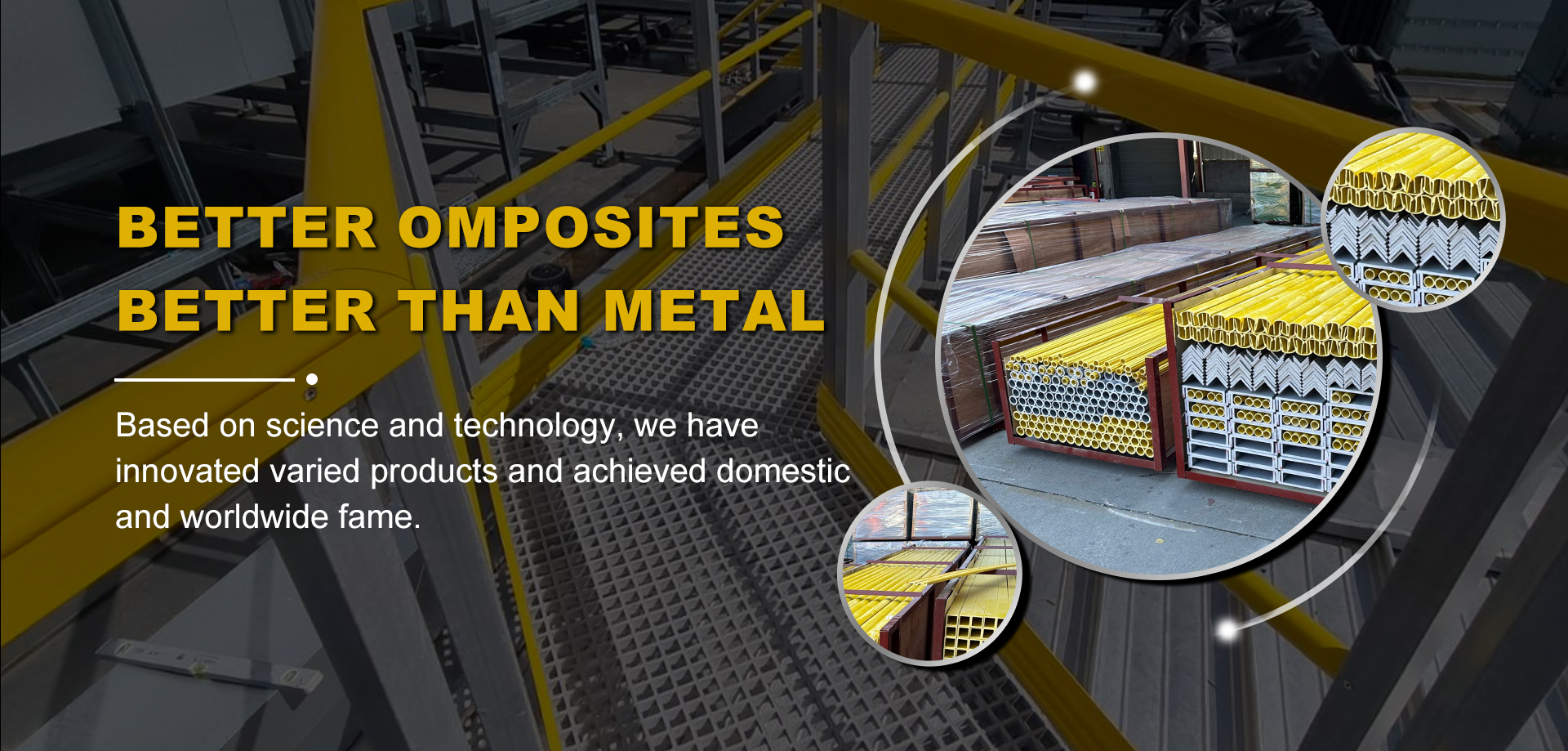loading...
- No. 9, Xingyuan South Street, Dongwaihuan Road, Zaoqiang County, Hengshui, Hebei, China
- admin@zjcomposites.com
- +86 15097380338
- Welcome to visit our website!
Effective Strategies and Technologies for Enhancing Industrial Water Treatment Processes and Sustainability Options
Industrial Water Treatment Ensuring Sustainability and Efficiency
The significance of effective water treatment in industrial settings cannot be overstated. As industries expand and water resources become increasingly strained, the need for innovative and efficient water treatment solutions is more critical than ever. Industrial water treatment refers to the processes and technologies used to treat water utilized in manufacturing, cooling, and various industrial operations. This article explores the importance, methods, and benefits of industrial water treatment.
Importance of Industrial Water Treatment
Industries consume vast amounts of water, often drawing from local freshwater sources. This substantial demand can lead to depletion of available water resources, adversely affecting local ecosystems and communities. Furthermore, the wastewater generated from industrial processes can contain harmful pollutants and chemicals, posing risks to the environment and public health. Therefore, proper treatment is essential to ensure that water used in industrial processes is clean, safe, and meets regulatory standards. Additionally, efficient water treatment can reduce operational costs, enhance production efficiency, and improve overall sustainability.
Methods of Industrial Water Treatment
Various methods are employed in industrial water treatment, each suited to specific water quality issues and end-use requirements. Here are some key techniques
1. Physical Treatment This involves the removal of suspended solids and larger particles from water through processes such as filtration and sedimentation. Physical treatment is often the first step in water purification, preparing the water for subsequent chemical or biological treatment.
industrial water treatment

2. Chemical Treatment Chemical methods utilize reagents to remove impurities and contaminants. Coagulation and flocculation are common techniques that involve adding chemicals to cause tiny particles to clump together, making them easier to remove. Additionally, disinfection processes using chlorine or ozone are crucial for removing pathogenic microorganisms, ensuring the water is safe for use.
3. Biological Treatment Biological methods employ microorganisms to degrade organic pollutants. This approach is particularly effective for wastewater treatment, where bacteria and other microorganisms break down organic matter. Activated sludge processes and biofilters are common biological treatment systems in industrial settings.
4. Membrane Technologies Reverse osmosis and ultrafiltration are advanced membrane technologies that separate contaminants from water. These systems are highly efficient in removing dissolved solids, bacteria, and viruses, making them an excellent choice for producing high-quality water suitable for various industrial applications.
5. Zero Liquid Discharge Technologies As industries strive to minimize their environmental impact, zero liquid discharge (ZLD) technologies have emerged. ZLD aims to eliminate all liquid waste, recycling it back into the production cycle. This is achieved through a combination of evaporation, crystallization, and advanced filtration techniques, resulting in no wastewater being released into the environment.
Benefits of Industrial Water Treatment
Implementing effective industrial water treatment processes offers numerous benefits. Firstly, it helps industries comply with stringent environmental regulations, minimizing the risk of legal penalties. Secondly, treated water can often be reused within processes, reducing the demand for fresh water and resulting in significant cost savings. Moreover, industries adopting advanced water treatment solutions often enjoy enhanced operational efficiency and a stronger reputation for corporate social responsibility.
In conclusion, industrial water treatment is a vital component of sustainable industrial practices. As the world grapples with water scarcity and environmental challenges, investing in efficient water treatment technologies is not just a necessity but a responsibility. By prioritizing water treatment, industries can protect valuable resources, foster environmental stewardship, and contribute to a more sustainable future. Embracing innovative solutions not only benefits businesses but also makes a positive impact on the planet and society at large.
-
GRP Structures: The Future of Lightweight, High-Performance EngineeringNewsJun.20,2025
-
FRP Water Tank: High-Performance Storage for Corrosive and Clean Water SystemsNewsJun.20,2025
-
FRP Square Tube: The New Industry Standard for Chemical and Structural ApplicationsNewsJun.20,2025
-
FRP Pultruded Profiles: The Ultimate Choice for Lightweight Structural StrengthNewsJun.20,2025
-
FRP Handrails: The Safer, Smarter, and Stronger Choice for Modern InfrastructureNewsJun.20,2025
-
FRP Grating: The Smart Solution for Durable, Lightweight Industrial FlooringNewsJun.20,2025
-
Why Choose a Galvanized Water Tank for Your Storage NeedsNewsMay.21,2025
